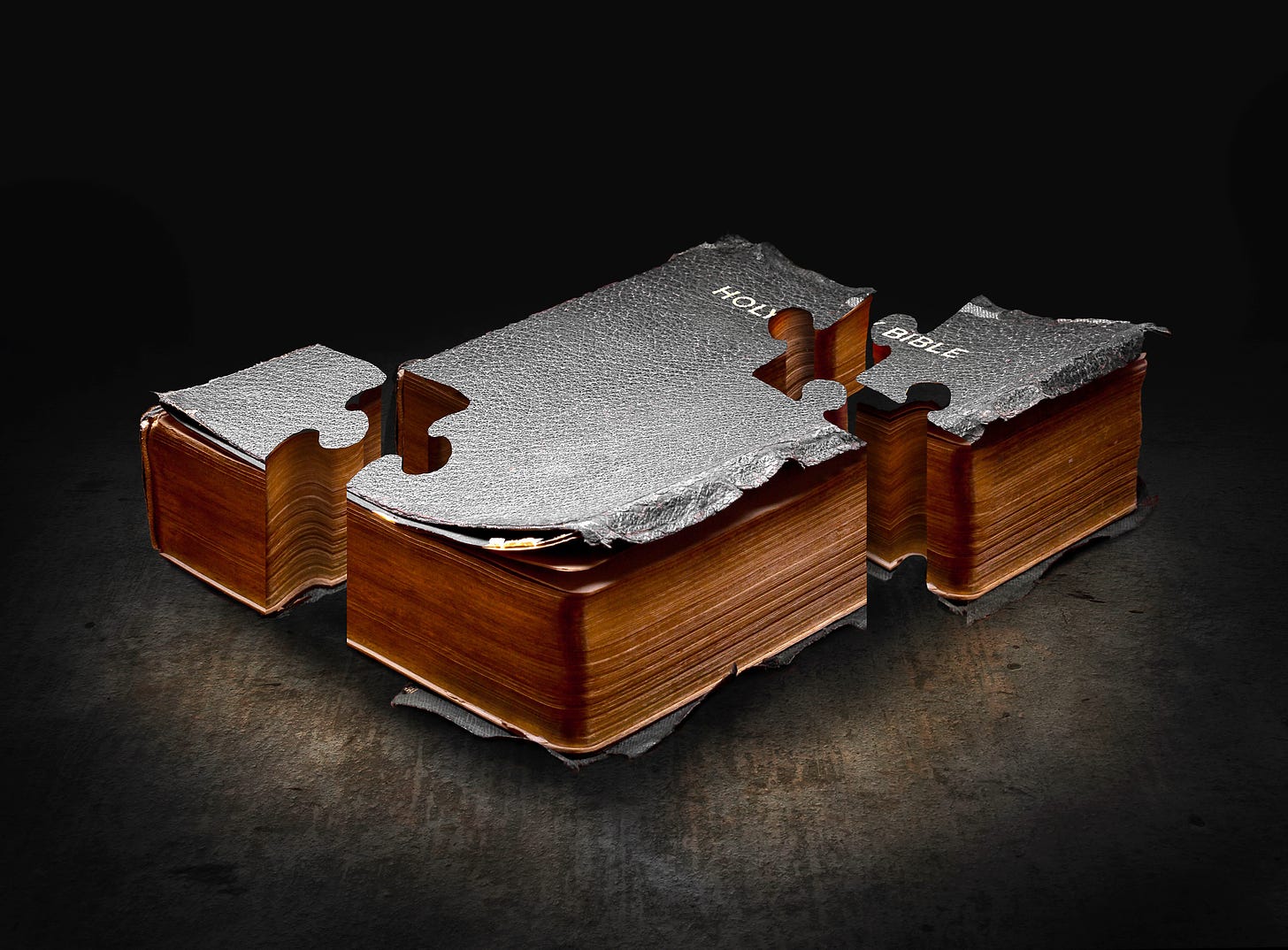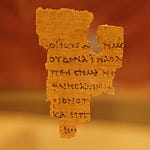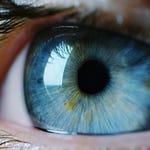Have you ever been puzzled by things you read in the Bible? For example, why does the book of Exodus spend so much time walking through all the meticulous details related to the Tabernacle? On this episode, Shane Rosenthal talks with J. Daniel Hays about the Bible’s grand narrative, which helps us to understand all the individual puzzle pieces. Dr. Hays is the senior professor of Old Testament at Southwestern Baptist Seminary in Ft. Worth, Texas, and he’s the author of The Temple and the Tabernacle: A Study of God’s Dwelling Places from Genesis to Revelation.
SHOW NOTES
Recommended Books
The Temple & The Tabernacle, J. Daniel Hays
A Christian’s Guide to Evidence for the Bible, J. Daniel Hays
God Dwells Among Us, G.K. Beale & Mitchell Kim
The Temple & The Church’s Mission, G.K. Beale
Recommended Articles
What’s the Most Important Thing in the Bible?, Shane Rosenthal
The Story of Us, Shane Rosenthal
A New Way of Reading Scripture, Shane Rosenthal
Why Should We Believe the Bible?, Shane Rosenthal
Recommended Episodes
What Did The Earliest Christians Believe?
The Gospel Creed
Faith & Proof
We Need Your Help!
Consider supporting The Humble Skeptic podcast by making a one-time gift or upgrading to a paid subscription via Substack ($5.95 per month, $59 per year). Use the button below for more information about giving options..
















The Big Picture